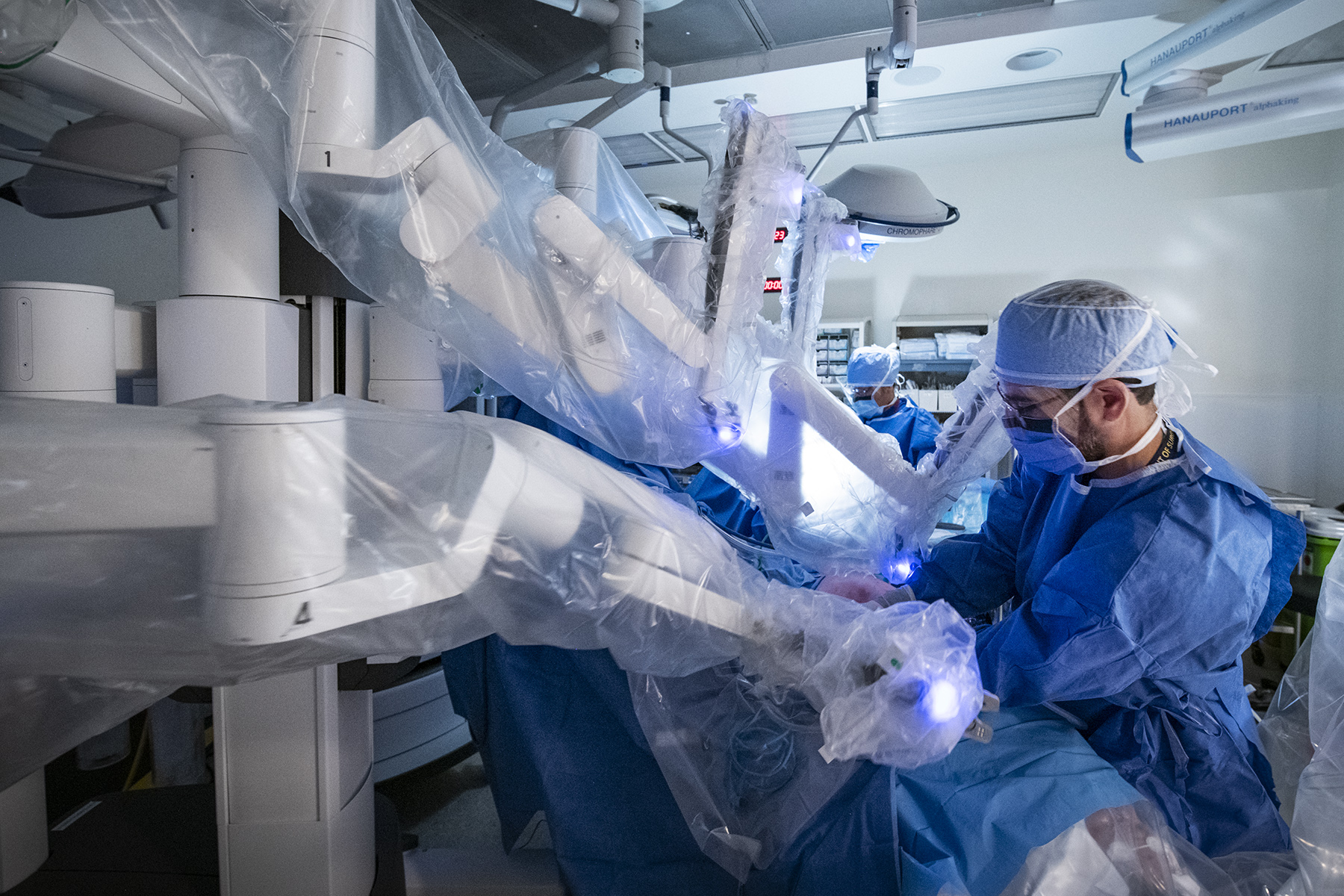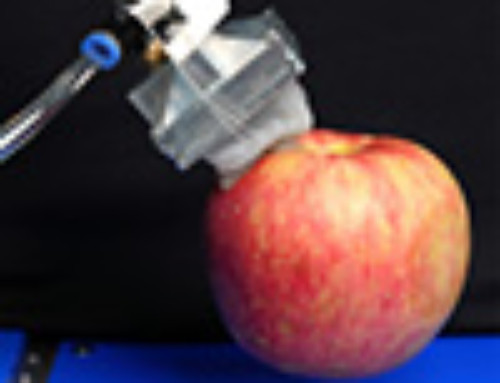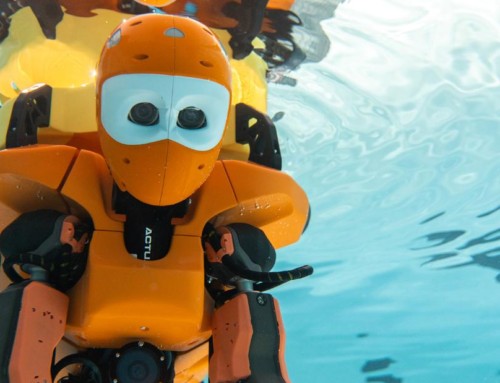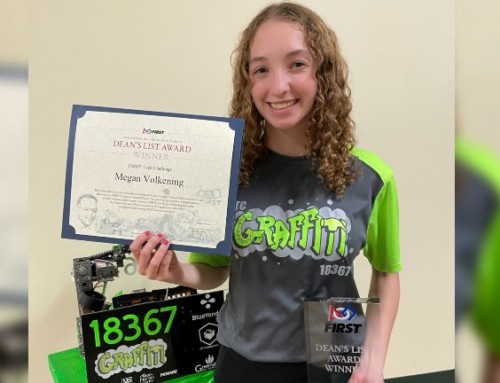[ad_1]

In just a few short years, surgical teams in Kingston have leapfrogged their peers, becoming the highest volume robotic colorectal surgery program in the country.
Officially launched in 2018, the A.B. Smith QC Robotics program at Kingston Health Sciences Centre (KHSC) now regularly completes between 80-110 robotic cases a year for individuals with rectal cancer, double the number performed in larger cities across Canada, according to a release from KHSC.
“Our program is unique for what we can offer patients in Kingston and Southeastern Ontario, we’re raising the profile of robotic surgery in Canada,” said colorectal surgeon Dr. Sunil Patel. “We’re well ahead of what’s being done in larger cities and surgeons from across Canada are now coming to Kingston to learn our techniques and bring that knowledge back to their communities.”
About 90-95 per cent of KHSC’s rectal cancer procedures are completed using minimally invasive robotic techniques, which result in better outcomes and quicker recovery, according to the healthcare organization. Traditionally patients would return to normal activities about one to two months following surgery. Now with much less post-operative pain, they’re returning to their normal lives in a matter of weeks, according to the release.
“When I see patients during follow-up appointments a few weeks later, they’re walking, golfing, gardening and eating normal diets again. In the past these patients were achy and tired, and didn’t have the stamina to do these activities,” said Dr. Patel, who is also an associate professor at Queen’s University.
Another benefit to patients is that they are able to go home sooner after surgery, no longer having to stay in a hospital bed for more than a week, KHSC stated.
“We are able to discharge patients earlier than before and they are doing well. Even with earlier discharges, we have also seen a drop in emergency department visits and readmissions following their surgery. This of course is better because patients are generally more comfortable at home,” Dr. Patel said. “We now only admit patients in hospital for two-to-three days after surgery, which allows those beds to be freed up for other patients. This of course has been extra beneficial during the pandemic.”
According to the release, KHSC’s program is also offering benefits to medical trainees who are able to learn how to deliver this care within a high-volume robotic environment.
“They are the only general surgery medical residents in the country to get this type of educational experience, which means they are getting an experience here in Kingston that they would not receive anywhere else” said Dr. Patel.
“I truly believe we are offering a better surgery through minimally invasive robotic techniques. If you are a patient referred to KHSC for this care you can rest assured you will receive a high-quality surgery and may be getting something that wouldn’t be offered anywhere else in Canada.”
KHSC was fortunate to benefit from the support of local philanthropist Britton Smith, whose generous donation through the University Hospitals Kingston Foundation allowed the hospital to purchase the da Vinci robotic operating system, according to the release. To recognize his support, the program was named the A. Britton Smith Q.C Robotics Program at Kingston Health Sciences Centre.
[ad_2]
Source link






Leave A Comment
You must be logged in to post a comment.